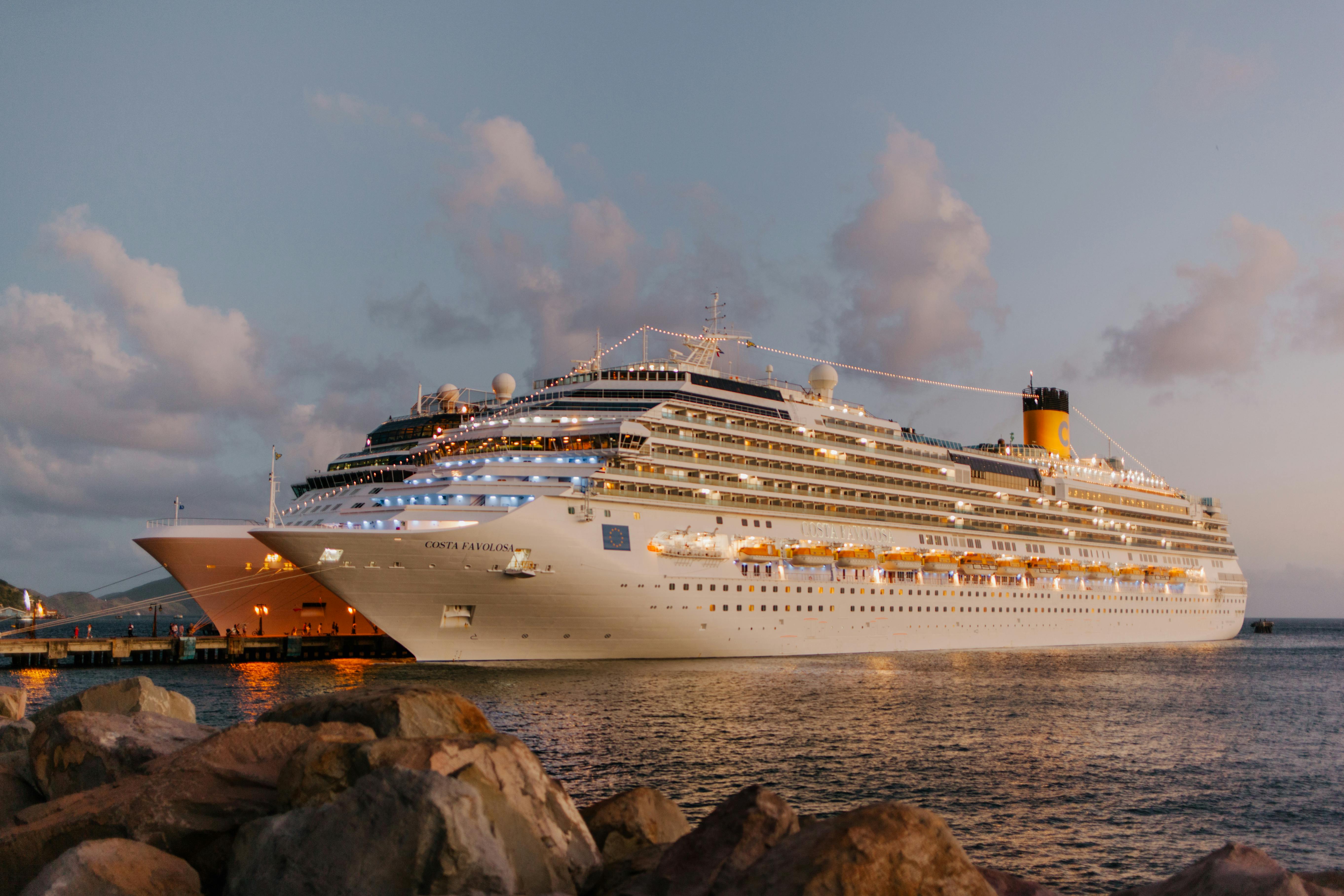The gentle sway of the ship, the endless horizon, and the promise of exotic destinations – a cruise holiday offers a unique sense of escape. However, the thought of unexpectedly falling ill while at sea is a concern for many travellers.
Dealing with health issues far from shore can have significant financial and logistical implications, underscoring the importance of being well-prepared for such unforeseen circumstances.
Common Illnesses Aboard Cruises
Here are several common health concerns that travellers encounter while on cruises:
- Norovirus: This highly contagious virus often spreads in close quarters, causing vomiting and diarrhoea.
- Sea sickness: The ship’s motion can lead to nausea and dizziness for some individuals.
- Respiratory infections: Viruses causing colds and flu can spread quickly, especially in enclosed environments.
To minimise your risk of falling sick on your cruise:
- Practise frequent handwashing: Wash with soap and water for at least 20 seconds, especially before eating and after using the restroom.
- Sanitise: Use hand sanitiser containing at least 60% alcohol when soap and water are not readily available.
- Avoid close contact: Maintain a distance from people who are visibly unwell to reduce the spread of respiratory infections.
- Pack OTC medications: Consider bringing over-the-counter remedies for conditions like sea sickness.
Onboard Medical Care for Cruises
Most cruise ships are equipped with medical facilities to address the health needs of their passengers. You can generally expect to find:
- A medical centre staffed by qualified cruise ship doctors and nurses.
- Basic consultation rooms, examination areas, and sometimes even facilities for minor procedures.
If you feel unwell, seeking medical attention typically involves contacting the ship’s medical centre via phone or by visiting in person. For medical emergencies, you should alert the ship’s crew immediately.
The onboard medical team can usually provide consultations, basic treatments for common ailments, and prescribe certain medications. However, the availability of advanced medical care may be limited compared to onshore facilities.
Understanding Potential Medical Expenses
Seeking medical attention on a cruise ship can come with significant costs, including charges for consultations with the cruise ship doctor, any treatments administered, and medications dispensed onboard. Billing for these services typically occurs directly to your onboard account.
As such, this is where understanding your travel insurance policy becomes incredibly important. Without adequate cruise insurance, you may have to foot substantial out-of-pocket expenses for medical care received at sea.
How to Buy Travel Insurance for a Cruise
Ensure that your travel insurance does indeed cover cruise trips by checking for the following:
- Specific coverage for cruise-related issues, such as missed port departures or cabin confinement due to illness.
- Options for activities you plan to participate in, as standard policies might exclude specific excursions.
- Coverage for pre-existing medical conditions, protecting you from potential flare-ups while at sea.
- Adequate healthcare expenses and medical evacuation coverage, as these services can be costly.
The Critical Role of Travel Insurance

While no one sets sail expecting to fall ill, having the proper precautions in place can make a significant difference in managing stress and potential financial burdens. HL Assurance’s comprehensive travel insurance for cruise trips offers invaluable peace of mind, assuring you that you have protection against unexpected medical expenses.
These expenses include cruise ship doctor consultations, onboard treatments, and emergency medical evacuation should more extensive care be required ashore. So, before you set sail for your next trip, consider investing in adequate cruise insurance to safeguard your health and your holiday.







